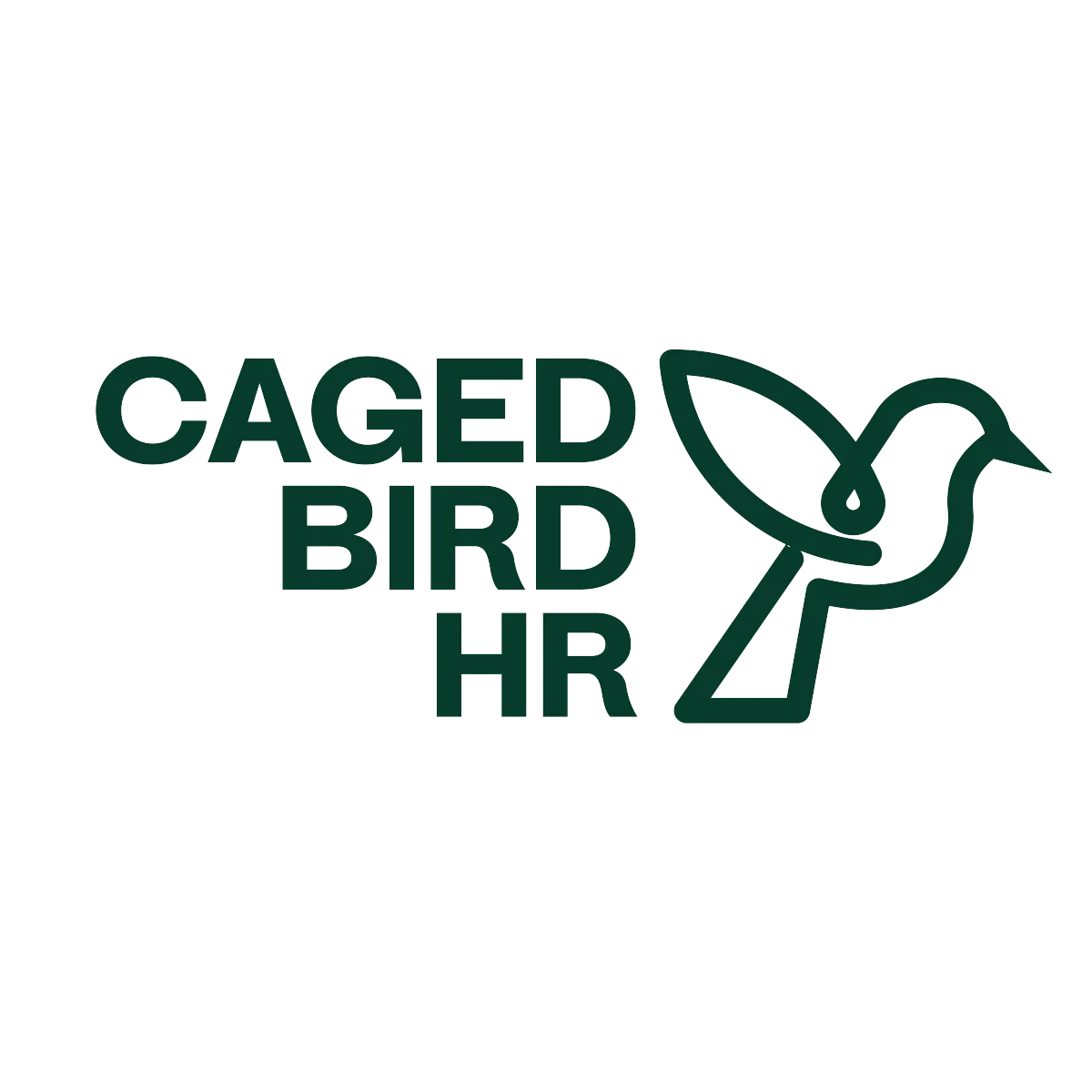Blogs

How to Report Workplace Discrimination to the EEOC: A Step-by-Step Guide
How to Report Workplace Discrimination to the EEOC: A Step-by-Step Guide
Have you experienced workplace discrimination? Filing a charge with the Equal Employment Opportunity Commission (EEOC) is often the first step towards justice. This guide will walk you through the EEOC reporting process and what to expect.
Understanding EEOC Coverage
Before filing, ensure your situation falls under EEOC jurisdiction. The EEOC enforces federal laws prohibiting discrimination based on:
• Race
• Color
• Religion
• Sex (including pregnancy, sexual orientation, and gender identity)
• National origin
• Age (40 or older)
• Disability
• Genetic information
The EEOC typically covers employers with 15 or more employees (20 for age discrimination cases).

The EEOC Reporting Process: Step by Step
1. Meet the Deadline
File your charge within 180 calendar days of the discrimination incident. This extends to 300 days if your state or locality has similar laws.
2. File the Charge
Submit your charge in person at an EEOC field office, by mail, or online through the EEOC Public Portal. Provide:
• Your personal information
• Employer details
• A brief description of the alleged discrimination
• Date(s) of the incident(s)
3. EEOC Review and Employer Notification
The EEOC will review your charge and notify your employer within 10 days.
4. Mediation or Investigation
The EEOC may offer mediation or proceed with an investigation.
5. Investigation Outcomes
Possible results include:
• No violation found: You'll receive a "Notice of Right to Sue"
• Reasonable cause found: EEOC attempts a voluntary settlement or may file a lawsuit
What to Expect During the EEOC Process
• Timeline: The process can take several months to over a year
• Cooperation: Be prepared to provide additional information
• Confidentiality: Your charge isn't public, but your employer will be notified
• Protection from Retaliation: It's illegal for your employer to retaliate against you
• Legal Representation: You can hire an attorney at any point
EEOC Services are Free for Employees
A crucial point to remember: EEOC services, including investigations and lawsuits they file on your behalf, are free. Unlike private attorneys, the EEOC doesn't:
• Charge contingency fees
• Take a cut of your settlement
• Reduce your compensation for their services
If the EEOC secures a settlement for you, you typically receive the entire amount designated in the agreement. The EEOC is funded by taxpayer dollars, not by fees from cases it handles.
Why This Matters
Understanding that EEOC services are free can make a significant difference in your decision to file a charge. It removes financial barriers and ensures that seeking justice for workplace discrimination doesn't come with additional costs.
Conclusion
Reporting workplace discrimination to the EEOC is a crucial step in protecting your rights. While the process can be complex, knowing what to expect and understanding that EEOC services are free can help you navigate this journey with confidence.
Remember, if the EEOC doesn't pursue your case, you still have the right to file a lawsuit independently. In such cases, you might consider hiring a private attorney who may work on a contingency fee basis.
If you're considering filing an EEOC charge, it may be helpful to consult with an employment law attorney or an independent HR consultant who can guide you through the process and help protect your rights. Can't wait for the EEOC to get back to you? Book a call with an independent HR consultant here.

Better Work, Better Life
Support@cagedbirdhr.com
Copyright 2025 Caged Bird HR®., a Worklution Inc Company All Rights Reserved

